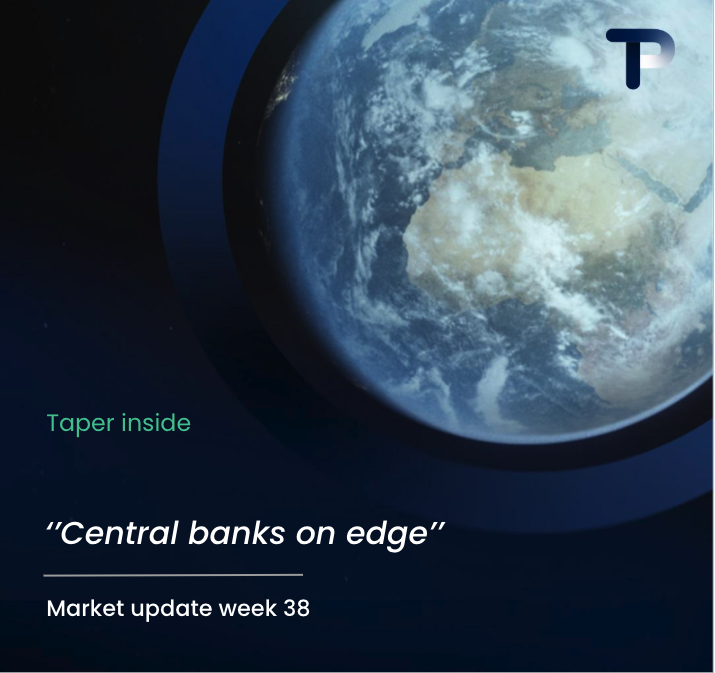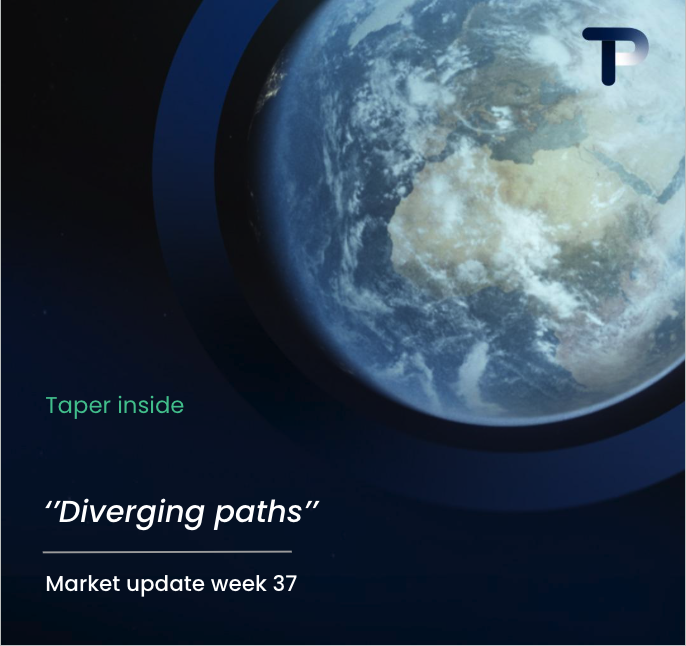A trade finance provider is a specialised financial institution that facilitates international commerce by offering payment solutions, currency exchange services, and financing options for businesses engaged in global trade. These providers bridge the gap between traditional banking and the complex needs of international transactions, helping companies manage cross-border payments, currency risks, and working capital requirements whilst ensuring compliance with international regulations.
Understanding trade finance providers in international business
Trade finance providers serve as specialised financial partners that understand the unique challenges of international commerce. Unlike traditional banks that often treat international payments as secondary services, these providers focus exclusively on global trade requirements.
Trade finance encompasses the financial instruments and services that facilitate international trade transactions. This includes everything from simple cross-border payments to complex financing arrangements that help businesses manage cash flow during lengthy international sales cycles.
The role of trade finance providers has become increasingly important as businesses expand globally. They offer expertise in navigating different regulatory environments, managing multiple currencies, and providing flexible payment solutions that traditional banks often cannot match. These providers typically maintain partnerships with financial institutions worldwide, enabling them to offer comprehensive services across different markets and jurisdictions.
What services do trade finance providers offer?
Trade finance providers offer a comprehensive suite of services designed to support every aspect of international commerce. Their core services typically include letters of credit, documentary collections, and various financing solutions.
Letters of credit remain one of the most important trade financing services, providing payment guarantees that protect both buyers and sellers in international transactions. Documentary collections offer a simpler alternative, allowing banks to handle document exchange and payment collection on behalf of trading partners.
Export finance solutions help businesses fund their international sales by providing working capital against confirmed orders or receivables. Import financing enables companies to purchase goods from overseas suppliers without tying up their entire working capital in advance payments.
Working capital solutions include inventory financing, supply chain financing, and revolving credit facilities specifically designed for businesses with international operations. Many providers also offer international payments processing services, including SWIFT transfers, multi-currency accounts, and local payment methods in various countries.
| Service Category | Primary Function | Key Benefits |
|---|---|---|
| Letters of Credit | Payment guarantee | Risk mitigation, trust building |
| Export Finance | Pre-shipment funding | Cash flow improvement, growth enablement |
| Import Financing | Purchase funding | Working capital preservation |
| Multi-currency Accounts | Payment processing | Cost reduction, efficiency |
How do trade finance providers support international payments?
Trade finance providers streamline international payments through multi-currency operations and specialised payment infrastructure. They typically offer IBAN accounts in multiple currencies, allowing businesses to receive payments directly without the need for correspondent banking relationships.
These providers handle foreign exchange transactions more efficiently than traditional banks, often offering better exchange rates and lower fees. They maintain relationships with local banks in various countries, enabling faster settlement times and reduced transaction costs.
Many trade finance providers offer hedging solutions to help businesses manage currency risk. These include forward contracts, flexible forwards, and dynamic hedging strategies that protect against adverse currency movements whilst maintaining flexibility for business operations.
The payment processing capabilities extend beyond simple transfers. Providers often offer batch processing for multiple payments, automated reconciliation services, and integration with business accounting systems. This reduces administrative burden and improves accuracy in international payment management.
Why do businesses need specialised trade financing services?
International trade presents unique challenges that traditional banking services often cannot address effectively. Payment risks in cross-border transactions are significantly higher due to different legal systems, regulatory requirements, and potential political instability.
Currency fluctuations can dramatically impact profit margins in international transactions. A business might agree to a profitable deal, only to see their margins eroded by unfavourable exchange rate movements between contract signing and payment receipt.
Regulatory compliance varies significantly between countries, with different documentation requirements, reporting obligations, and anti-money laundering procedures. Trade finance providers maintain expertise in these varying requirements, ensuring transactions comply with all relevant regulations.
Cash flow management becomes more complex with international operations. Extended payment terms, shipping delays, and currency conversion times can create significant working capital challenges. Specialised providers offer financing solutions that bridge these gaps, enabling businesses to maintain smooth operations whilst pursuing international growth opportunities.
Traditional banks often lack the flexibility and expertise required for complex international transactions. They may have limited currency options, higher fees, and longer processing times that can hinder business operations.
Key takeaways about trade finance provider functions
Trade finance providers serve multiple functions that are vital for successful international business operations. They act as payment facilitators, risk managers, and financial advisors rolled into one comprehensive service offering.
For small and medium-sized enterprises, these providers offer access to sophisticated financial tools that were previously only available to large corporations. This includes multi-currency accounts, hedging instruments, and trade financing facilities that enable SMEs to compete effectively in global markets.
The value proposition extends beyond cost savings to include time efficiency and risk reduction. By consolidating multiple financial services under one provider, businesses can reduce complexity, improve cash flow management, and focus resources on core business activities rather than financial administration.
Choosing the right trade finance provider can significantly impact a business’s international growth trajectory. The ideal provider offers not just competitive pricing, but also expertise in relevant markets, flexible service options, and technology solutions that integrate seamlessly with existing business processes.
At TaperPay, we understand these challenges and provide comprehensive trade finance solutions designed specifically for businesses operating in international markets. Our multi-currency IBAN accounts, competitive exchange rates, and personalised service approach help streamline your international operations whilst reducing costs and complexity.
Frequently Asked Questions
How do I choose the right trade finance provider for my business?
Start by evaluating providers based on your specific geographic markets, transaction volumes, and currency needs. Look for providers with strong relationships in your target countries, competitive FX rates, and technology that integrates with your existing systems. Consider their regulatory expertise in your markets and whether they offer scalable solutions that can grow with your business.
What's the typical cost difference between using a trade finance provider versus traditional banks?
Trade finance providers often offer 20-40% savings on FX margins and international transfer fees compared to traditional banks. While banks may charge 2-4% FX margins, specialised providers typically offer 0.5-1.5% margins. However, costs vary based on transaction volume, currencies involved, and service complexity, so it's important to compare total cost of ownership rather than just headline rates.
How quickly can I set up accounts and start processing international payments?
Most trade finance providers can establish multi-currency IBAN accounts within 5-10 business days, compared to 2-6 weeks for traditional banks. The process typically involves submitting business documentation, completing compliance checks, and integrating payment systems. Some providers offer expedited onboarding for urgent requirements, though this may involve additional fees.
What happens if my trade finance provider experiences technical issues or goes out of business?
Reputable trade finance providers maintain segregated client accounts and regulatory protections similar to banks. Look for providers regulated by financial authorities like the FCA or equivalent bodies, which offer compensation schemes. Many providers also maintain backup systems and partnerships with other institutions to ensure service continuity during technical disruptions.
Can trade finance providers help with compliance in countries with complex regulatory requirements?
Yes, this is one of their key value propositions. Trade finance providers maintain expertise in international compliance requirements, including sanctions screening, anti-money laundering procedures, and country-specific documentation requirements. They typically handle regulatory reporting automatically and can advise on compliance strategies for new markets you're entering.
How do hedging solutions work, and when should I consider using them?
Hedging solutions like forward contracts allow you to lock in exchange rates for future transactions, protecting against adverse currency movements. Consider hedging when you have confirmed orders with payment dates beyond 30 days, significant exposure to volatile currencies, or when currency fluctuations could materially impact your profit margins. Most providers offer flexible hedging options that don't require full commitment upfront.
What integration options are available for connecting trade finance services with my existing accounting systems?
Most modern trade finance providers offer API integrations, CSV/Excel export capabilities, and direct connections with popular accounting software like QuickBooks, Xero, and SAP. Advanced providers offer real-time transaction feeds, automated reconciliation, and customizable reporting that can significantly reduce manual data entry and improve financial visibility across your international operations.
Hi there! 👋 I see you're reading about multi-currency IBAN accounts for supply chain payments. Smart choice - these accounts can save businesses 2-4% on every international transaction!
What best describes your current situation with international supplier payments?
Which of these challenges are you currently facing with international payments? (Select all that apply)
What's driving your interest in multi-currency payment solutions? Tell us about your business goals or challenges.
Great! To help us understand your specific needs better, could you share more details about your international payment volume or any particular requirements?
Perfect! Let's connect you with one of our international payments specialists who can show you exactly how Taper's multi-currency IBAN accounts can save you money and streamline your supply chain payments.



